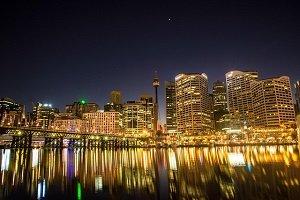Amidst an Australian election and a British exit from the European Union, engineering has never been more relevant to politics. Engineering industries are the ones that keep a country running, and those industries need to stay afloat in uncertain political environments. We have recently reported on how important STEM-related industries and education is to the future of Australia’s GDP. We have also recently focused on how a Brexit has forced engineering industries in the UK to link arms and negotiate the best possible deal in the EU-Exit. What is apparent in the current political climate, is that engineering is one of the more important societal mechanisms.

The Dean of Engineering at the Engineering Institute of Technology, Steve Mackay, in the latest episode of his YouTube series, The Engineering News Network, spoke of how engineers could play a significant role in their respective communities. He said: “As engineering professionals, you really do need to get involved in politics, local community affairs from a technical, engineering point of view. You do have a major contribution to make, whether it’s your local community, your little small village or town, whether it’s working on the sewage works or helping with decisions of power.”

“You have to get involved because you as engineering professionals have something more than most of these people in these parliaments have and that is that you are considerably more objective in what you do. A lot of the parliaments are riddled with lawyers, accountants and people that perhaps don’t have the necessary technical knowledge to make considered technical decisions. Obviously, engineers have got potential problems ; building nuclear power plants, contaminating water and things like that, that we need to avoid. But really, you do have a major contribution,” Mackay concluded.


